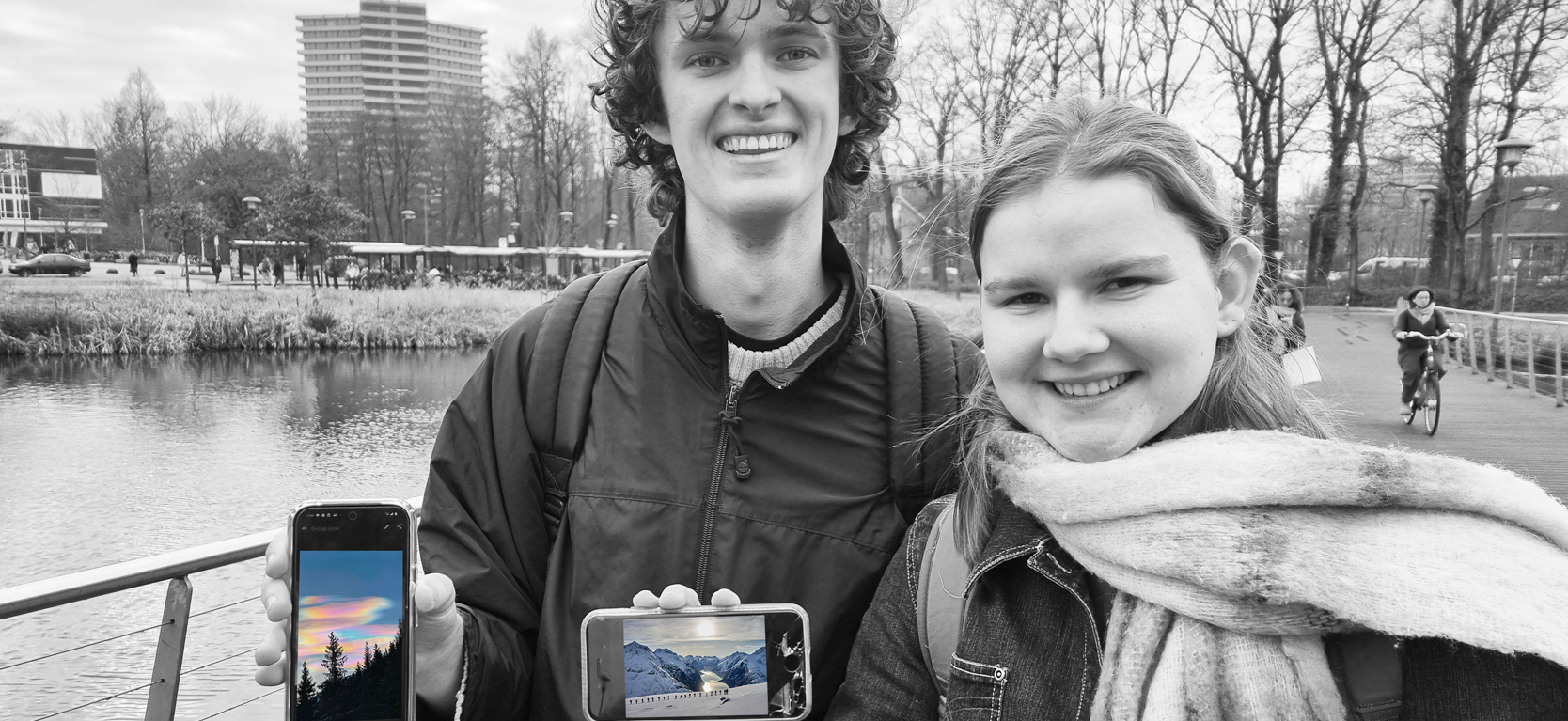The new Wageningen Student Cohort study is to monitor students for an extended period to investigate how their mental and physical health develops and how this is related to their diet and lifestyle. Chief researcher Nicole de Roos of Human Nutrition and Health: ‘I expect they gain quite a bit of weight in their first two years, for example.’
‘We were initially planning to monitor some 1500 students in total, but our professor Ellen Kampman was already talking about ten thousand students the other day. The target is ambitious. We want to follow the students who participate for a ten-year period to ensure we obtain proper insight into the students’ health, and in possible diseases that may develop.
De Roos is particularly interested in students’ eating habits. ‘They may still be served potatoes, meat and vegetables at their parents’ homes, but that changes as soon as they live independently.’ She is also curious about bachelor students’ weight. ‘I expect they gain quite a bit of weight in their first two years, particularly if they join an association (because they party and drink more, ed.). After that, their weight should drop and stabilise.’ She is also interested in what effect different diets have on their health. ‘A relatively large portion of students in Wageningen are vegetarians or vegans. We aim to investigate how this impacts the uptake of vitamins, for example.’
Samples
Currently, eighty students have registered to join the research project, De Roos says. The first readings are to be taken in November. Blood samples of the students will be taken twice in the first year, as well as urine and stool samples. Additionally, they are asked to complete a questionnaire about their health four times a year. In addition to insight into their health data, the participants are awarded a compensation of between 85 and 95 euros in the first year, says De Roos.
To learn more about the study, check out www.wageningenstudentcohort.nl or the Wageningen Student Cohort Instagram.

 First-year students often experience a dramatic alteration in their lifestyle due to an increase in partying and drinking. Photo Resource
First-year students often experience a dramatic alteration in their lifestyle due to an increase in partying and drinking. Photo Resource 

